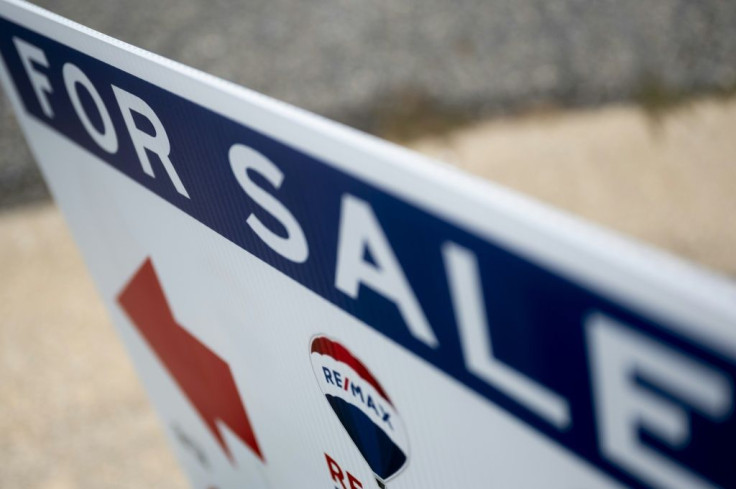Another Home Market Crisis May Be Brewing: How Would It Look?

The US housing market has been in another bullish trend in recent years. Home prices have stayed firm even in the middle of the pandemic recession and staged a big rally as lockdowns eased, with some regions registering double-digit annual gains. That's thanks to an accommodative monetary policy, which kept mortgages at record low levels, an unprecedented fiscal stimulus, and a snap-back labor market, which created a demand/supply imbalance with sellers gaining the upper hand.
But this situation has been changing rapidly in recent months, in many ways: One, home affordability is at an all-time low. Two, monetary policy is changing course, and mortgage rates are rising. And three, the US economy is heading into a recession.
Another home market crisis may be brewing. At least that's what the past experiences suggest, like during the 1980-81 and the 2008-9 recessions.
What would it look like this time around? Will it be a crash or just a correction? Most experts consulted by International Business Times via email believe that the housing market is heading for a correction rather than an outright crash.
"It's difficult to predict exactly what the next housing crash will look like," said Ruth Shin, the founder and CEO of PropertyNest. "There's a big difference between this market and the market before the housing crash of 2008, which involved rampant lending of subprime loans and careless selling and buying on the secondary market."
Broker Kimberly Jay of Compass provides further insight into what is different in the housing market this time.
"Before the crash in 2008, lenders were approving loans with little verification and to borrowers with credit scores under 620," she says. "Today, standards are much tighter as lenders do not want to take the same risk. Today the median credit score of those taking out a loan is 776. In addition, about 44.9% of mortgaged residential properties in the first quarter of 2022 had at least 50% equity in their property, according to ATTOM Data Solutions. As a result, today's homeowners do not need to sell as they did during the housing crisis."
Shin sees homes still selling at a slower rate, with price reductions and increasing inventory.
"The excitement to buy just really isn't there," she adds. "The only way the sales market will get ahead of the rental market is if prices fall low enough for renters to see buying as a better bargain than renting."
He predicts that home prices will head lower at a gradual pace.
Bret Weinstein, CEO of Guide Real Estate (formerly BSW Real Estate) in the Denver Metro area, sees a housing market heading to "normalization" rather than an outright crash. What does it mean?
"Nationally, we average between 3.6-3.8 appreciation a year. That has not been the norm for almost 10 years, Weinstein explains. "We are heading back towards a more neutral or normal market. So while we may see price drops, don't expect to start seeing unbelievable deals and huge price drops short of us hitting 8% interest rates."
Sissy Lappin, Co-founder at ListingDoor, also sees the housing market normalizing.
"This is not a housing crisis. Rather nothing more than a slowing period," she says. "It should not be called a bubble. Instead, it's a return to a normal market after an unprecedented real estate boom fueled by the pandemic, low-interest rates, low inventory, transparency in real estate transactions, a new sharing economy, and technology that has shattered the playing field."
Noah Rosenblatt, co-founder and CEO of real estate analytics firm UrbanDigs, sees "a notable and swift correction" in markets that have experienced parabolic price appreciation.
"Bids will drop first, and sellers will likely react slowly, causing a slowdown in deal volume. Over time, sellers who are over-leveraged or forced to sell will have to adapt more violently to 'find' a bid in the market. This adjustment is a process, and the quickest move is that first gap down from the peak level that defined itself only a few months or quarters ago. I feel we are in that first gap down now."
But how big that gap is and how long it will take to get to the end of the correction is everyone’s guess.
© Copyright IBTimes 2024. All rights reserved.












